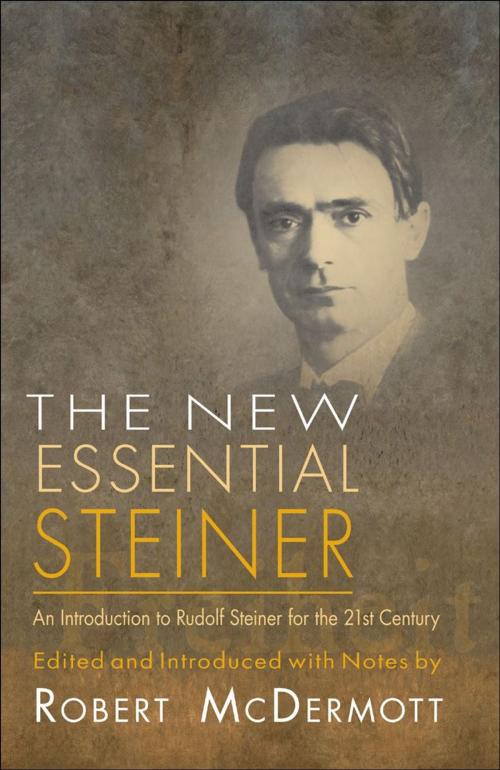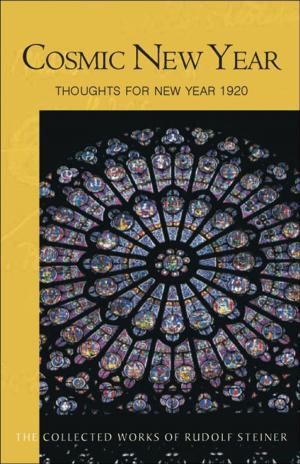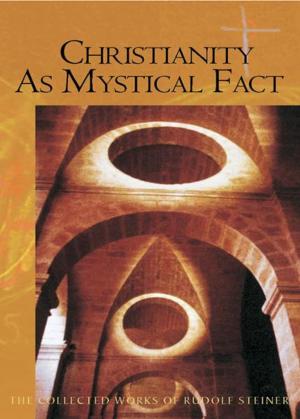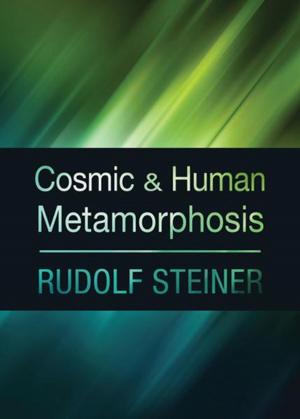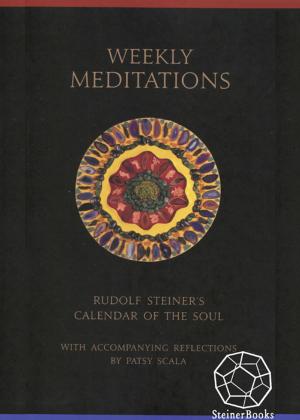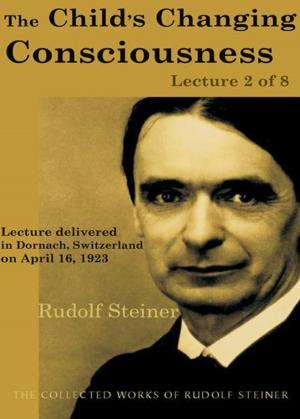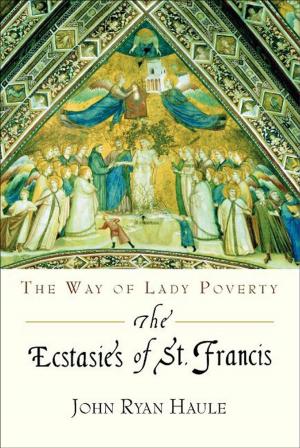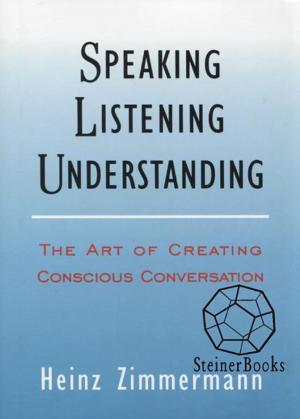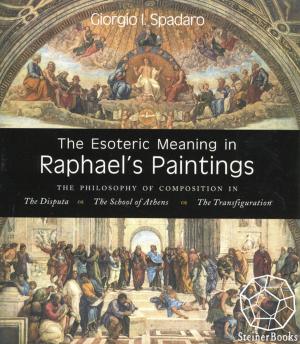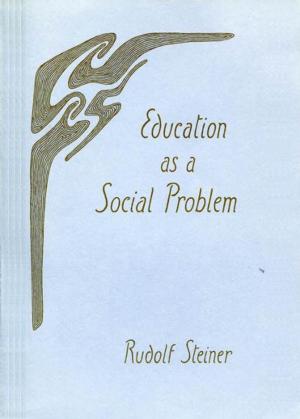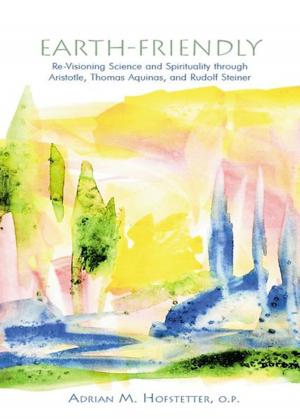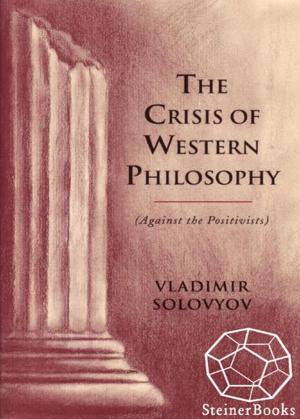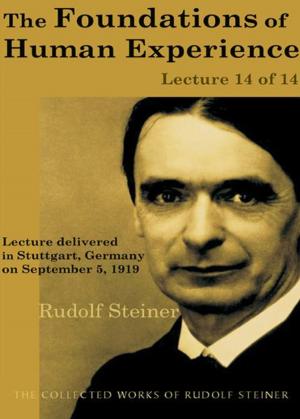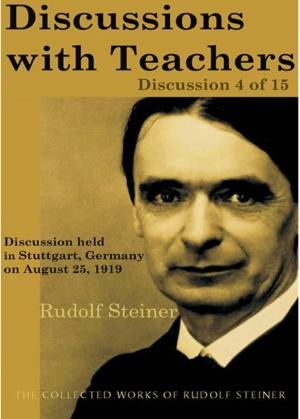New Essential Steiner
Nonfiction, Reference & Language, Education & Teaching, Educational Theory, Philosophy & Social Aspects| Author: | Rudolf Steiner; Robert McDermott | ISBN: | 9781584204787 |
| Publisher: | SteinerBooks | Publication: | October 1, 2009 |
| Imprint: | Lindisfarne | Language: | English |
| Author: | Rudolf Steiner; Robert McDermott |
| ISBN: | 9781584204787 |
| Publisher: | SteinerBooks |
| Publication: | October 1, 2009 |
| Imprint: | Lindisfarne |
| Language: | English |
The New Essential Steiner is an illuminating, completely new introduction to the philosophy and essential writings of Rudolf Steiner, introduced and edited by Robert McDermott, who also edited the now-classic Essential Steiner. This new volume offers selections from a wide variety of Steiners published works, presenting a broad, accessible overview of Anthroposophy. In his introduction, McDermott recounts Steiners life and work, from his childhood and education to his work as a natural scientist, philosopher, scholar, educator, artist, interpreter of culture, and seer. He places Steiner in relation to major traditions of thought and explores the genesis and development of Anthroposophy. Although Rudolf Steiner is considered by many to be the greatest spiritual seer and philosophical thinker of the twentieth century and is credited with major cultural contributions such as the worldwide Waldorf school movement and the ever-growing biodynamic agricultural movement, he nevertheless remains relatively unknown to both academics and the public. The purpose of this volume is to redress that situation by introducing Steiner's work to a broader audience and making his name more universally recognized. The New Essential Steiner includes selections from Steiners writings, which are grouped into chapters that demonstrate the breadth of his thinking and spiritual accomplishments.
The New Essential Steiner is an illuminating, completely new introduction to the philosophy and essential writings of Rudolf Steiner, introduced and edited by Robert McDermott, who also edited the now-classic Essential Steiner. This new volume offers selections from a wide variety of Steiners published works, presenting a broad, accessible overview of Anthroposophy. In his introduction, McDermott recounts Steiners life and work, from his childhood and education to his work as a natural scientist, philosopher, scholar, educator, artist, interpreter of culture, and seer. He places Steiner in relation to major traditions of thought and explores the genesis and development of Anthroposophy. Although Rudolf Steiner is considered by many to be the greatest spiritual seer and philosophical thinker of the twentieth century and is credited with major cultural contributions such as the worldwide Waldorf school movement and the ever-growing biodynamic agricultural movement, he nevertheless remains relatively unknown to both academics and the public. The purpose of this volume is to redress that situation by introducing Steiner's work to a broader audience and making his name more universally recognized. The New Essential Steiner includes selections from Steiners writings, which are grouped into chapters that demonstrate the breadth of his thinking and spiritual accomplishments.
